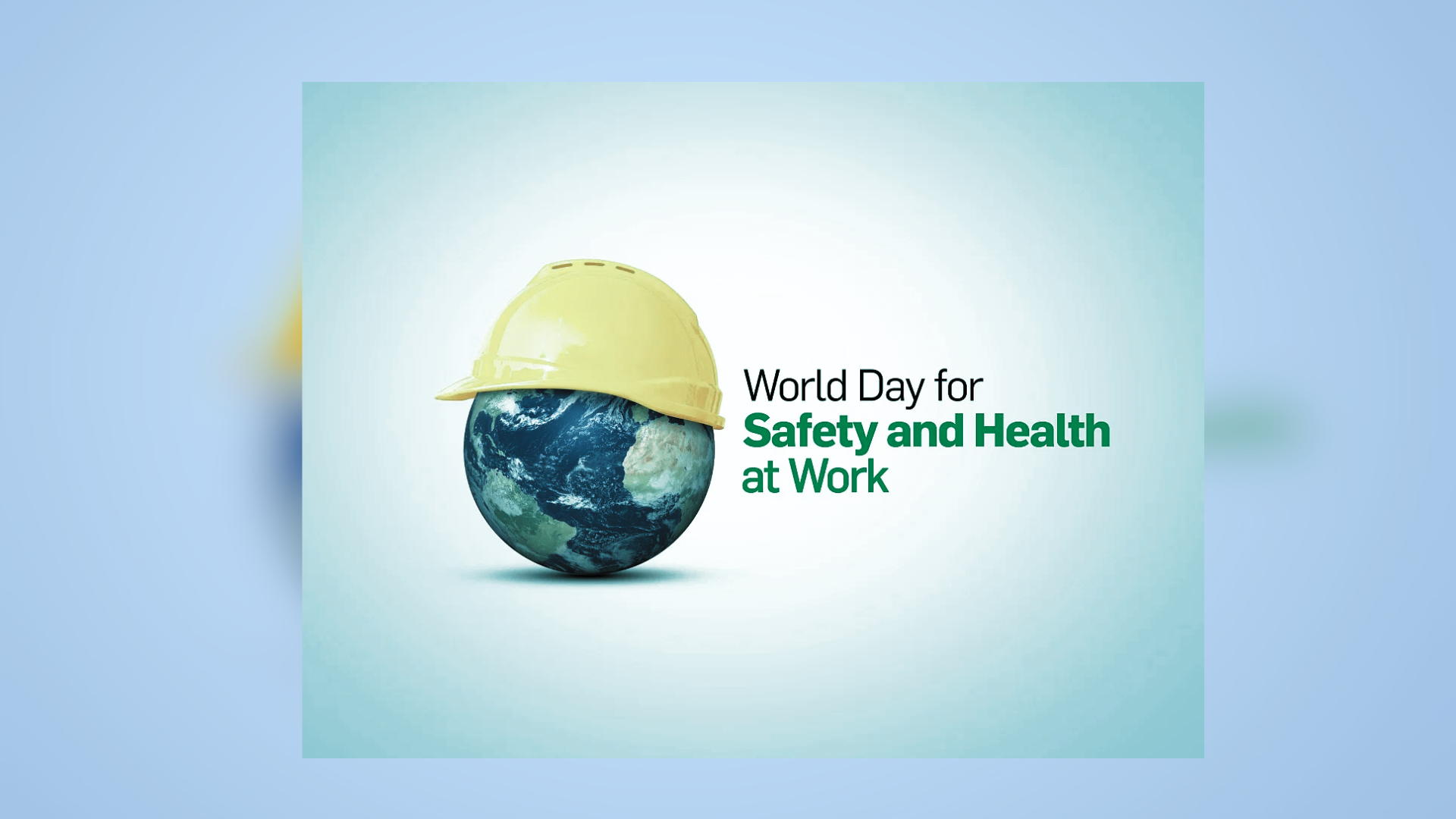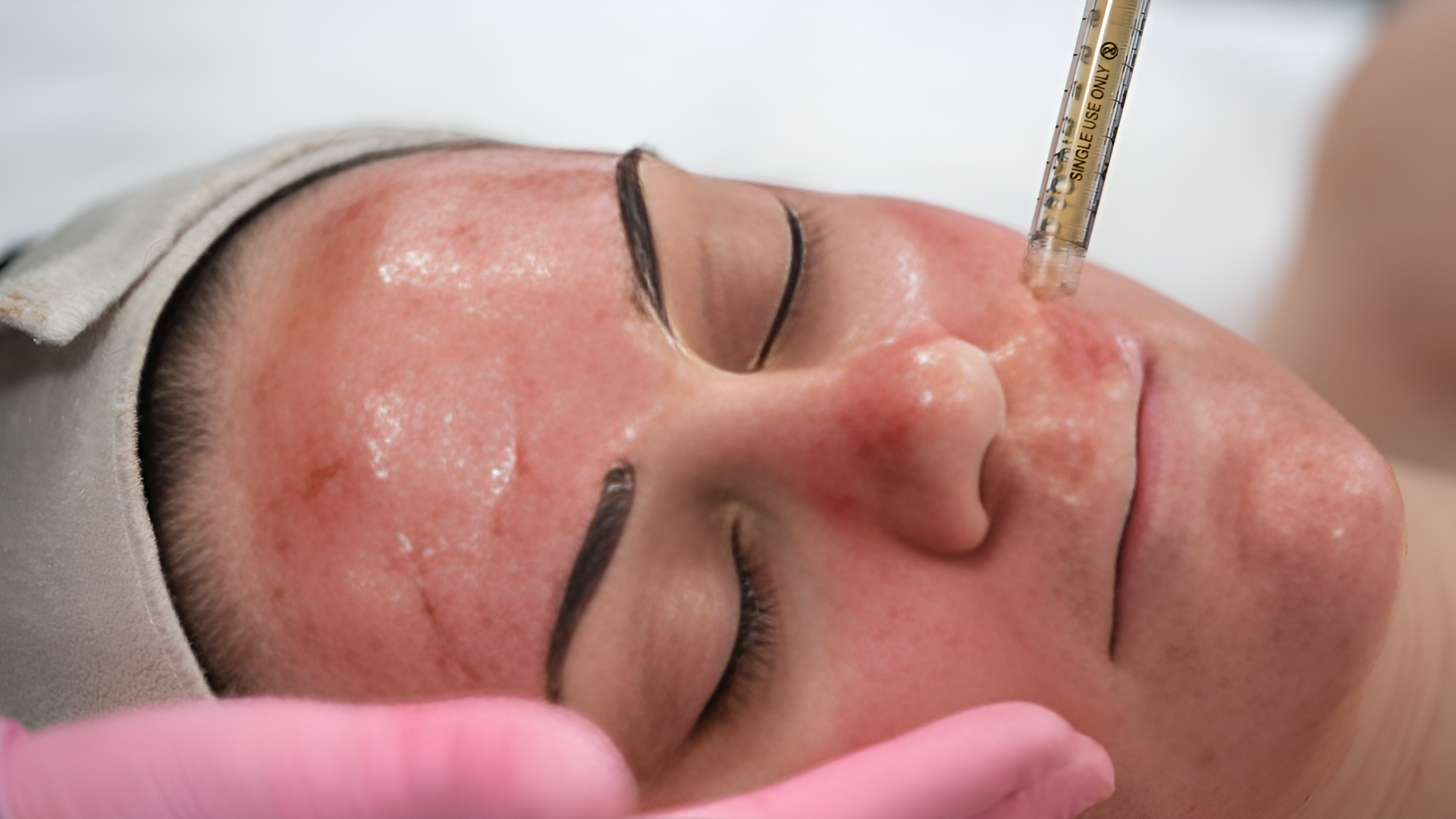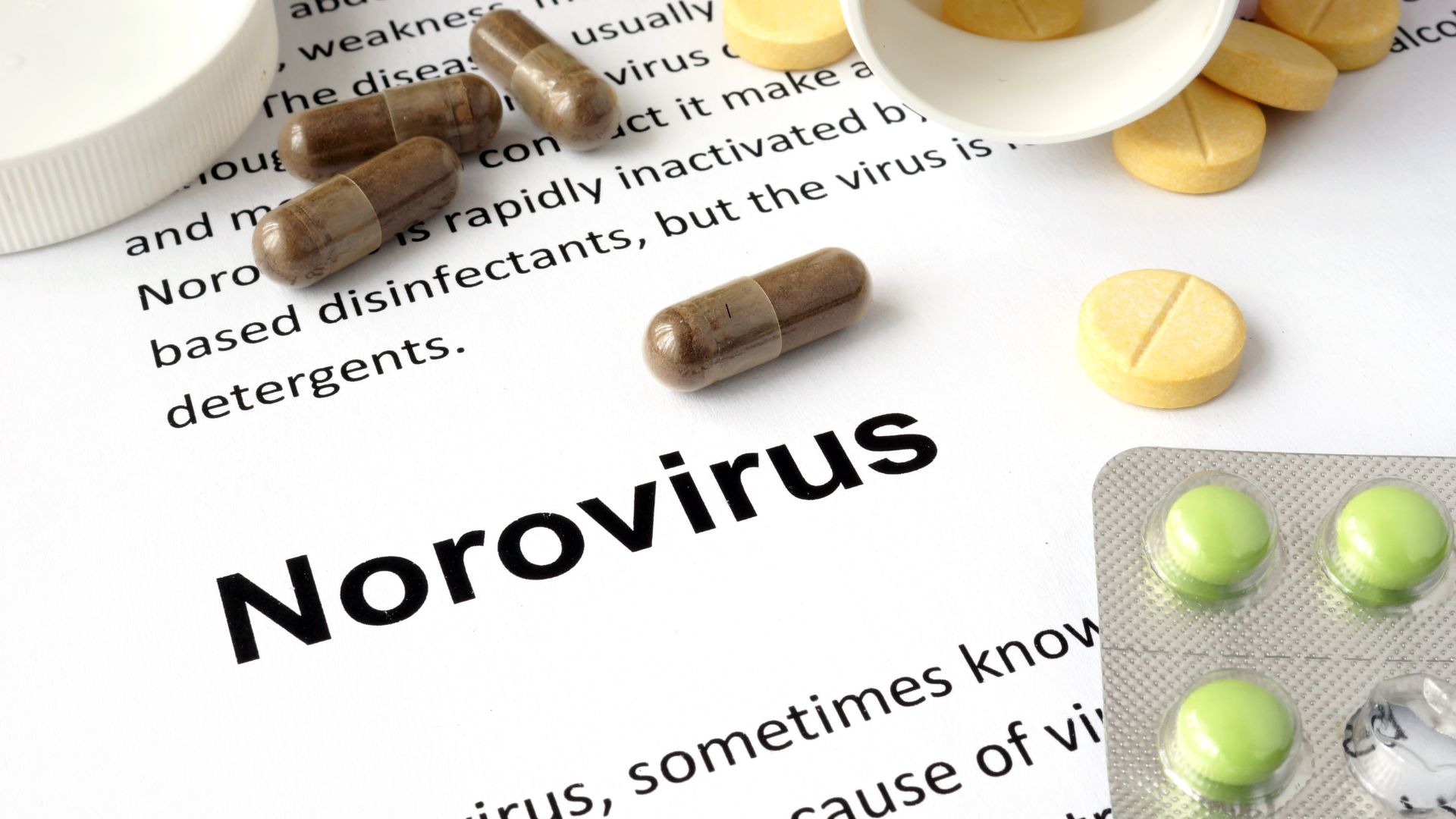










Norovirus, a highly contagious virus causing severe gastrointestinal symptoms, is currently spreading across various parts of the United States, particularly in the northeastern region. Designated as the leading cause of vomiting, diarrhea, and food-borne illnesses by the Centers for Disease Control and Prevention (CDC), norovirus presents significant public health concerns due to its rapid transmission and debilitating effects.
Commonly referred to as the “stomach flu” or “stomach bug,” norovirus manifests through symptoms such as diarrhea, nausea, vomiting, and stomach pain. Additionally, individuals may experience fever, headache, and body aches. The virus induces acute gastroenteritis, leading to inflammation in the stomach, with symptoms typically appearing within 12 to 48 hours post-exposure.
While most infected individuals recover within 1 to 3 days, they remain contagious for several days after symptom onset, underscoring the importance of preventive measures. Notably, individuals with weakened immune systems may experience prolonged symptoms, necessitating heightened vigilance.
Dehydration is a common complication of norovirus infection, primarily due to severe vomiting and diarrhea. Symptoms of dehydration include dry mouth, decreased urination, and dizziness, highlighting the importance of prompt medical attention in severe cases.
Transmission of norovirus occurs through various means, including direct contact with infected individuals, sharing of food or utensils, consumption of contaminated foods or drinks, and touching contaminated surfaces. To mitigate transmission risk, strict adherence to preventive measures is imperative, including frequent handwashing with soap and water, use of alcohol-based hand sanitizers, proper food hygiene practices, surface disinfection, and avoidance of contact with infected individuals.
It is essential to exercise caution and remain vigilant during this outbreak, prioritizing personal hygiene and adherence to preventive guidelines. While this information provides general guidance, individuals should consult healthcare professionals for personalized advice and medical attention if necessary.









